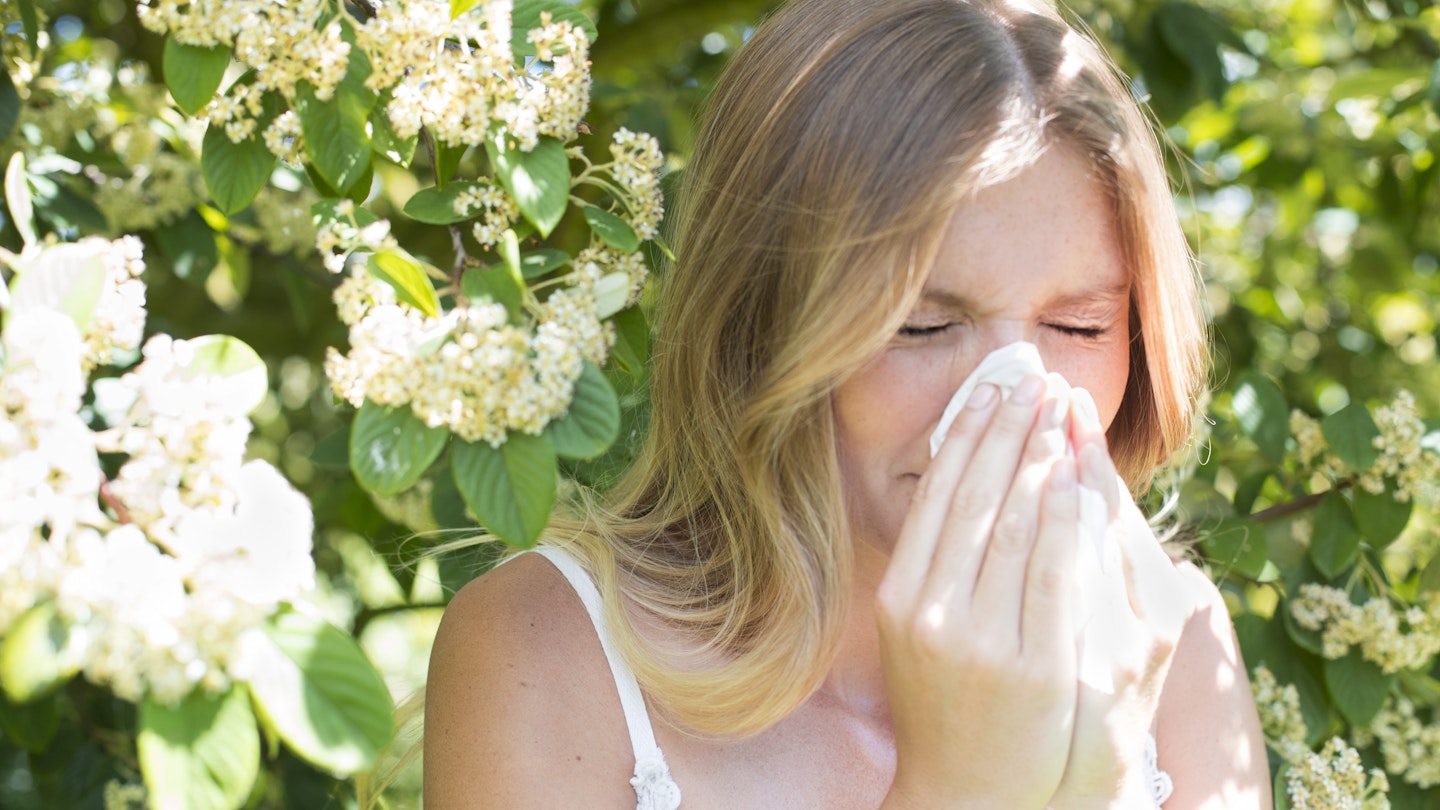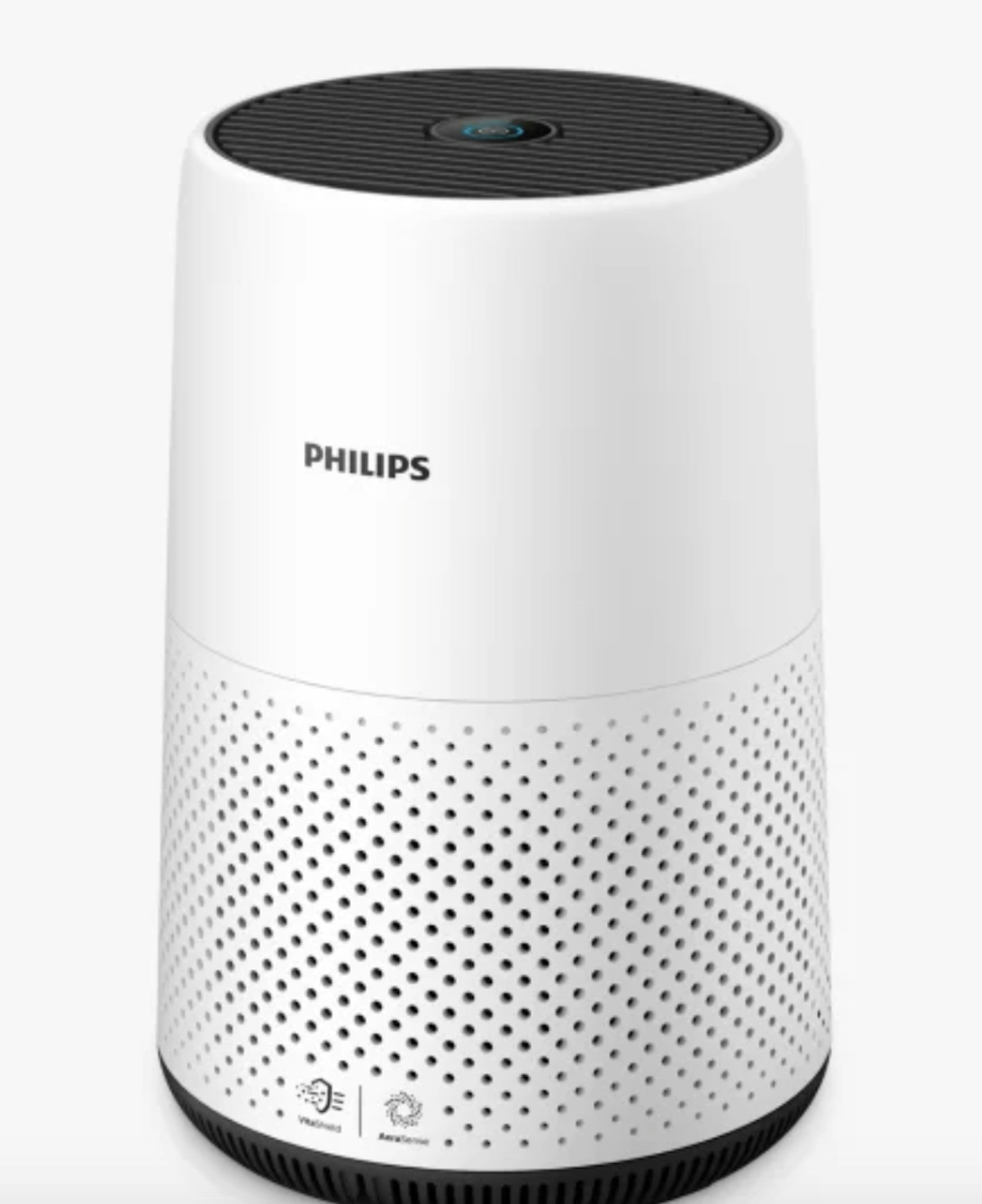Ah, hayfever season– hello old enemy! You're back again, just in time for summer, to make our lives insufferable, what with all the sneezing, itching, eye-watering, blocked noses, skin blotches, and-and-and...
This year, however, we're not going to take it lying down. Or even standing up. In fact, we're not going to take it at all. We reveal exactly what hayfever is, how you can avoid getting it, and if that's not possible, how to get rid of it.
So where you've been asking, 'What are the symptoms of hayfever?' 'Where can I get the hayfever injection?' or 'Does honey help hayfever?' here's all the answers to your most asked questions.
What is hayfever?
Hayfever is an allergy to pollen, specifically grass pollen. Indeed 95% of hayfever sufferers are allergic to it. Not only that, but it's often caused by an allergy to tree pollen and weed pollen too.
What triggers hayfever? Well, a hayfever sufferer's body identifies pollen as harmful to its immune system. Therefore, when it comes across it, it will attempt to expel it – normally via sneezing. It then also releases a number of chemicals to fight the spread of what it (incorrectly) believes is an infection. Thinking about it, it's all quite adorable really, but nonetheless still intensely irritating. Because it's those chemicals that cause the wretched watery eyes and runny nose and all the rest of it.
Interestingly, according to Experimental Researches on the Causes and Nature of Catarrhus Æstivus, hay-fever or hay-asthma symptoms were [first documented in England in 1819](Experimental Researches on the Causes and Nature of Catarrhus Æstivus) - the first country to ever do so.
What are the symptoms of hayfever?
Can hayfever make you feel unwell? According to the NHS there's a pretty lengthy list of hayfever symptoms:
-
Sneezing and coughing
-
A runny or blocked nose
-
Itchy, red or watery eyes
-
Itchy throat, mouth, nose and ears
-
Loss of smell
-
Pain around your temples and forehead
-
Headache
-
Earache
-
Feeling tired
Lucky us...
How long can hayfever last
In the throws of the sniffles? Unfortunately, we've got some unhelpful news. Although the symptoms are similar to that of a cold, they do last considerably longer. Often, hayfever suffers can find themselves feeling under the weather for weeks or even months at a time. This is all on the various pollen counts of whatever pollen you're allergic to ie tree or grass.
When is hayfever at its worst?
Generally speaking, on those hot, dry and dusty days between March and September. Tree pollen is released between March and May, grass pollen between May and August, and weed pollen, from June to September. So if you're a sufferer, you may as well stay in bed for all those sunny months. Sigh!
And is hayfever worse at night? Not necessarily - it might just feel that way as there's a chance you've left your windows open if it's a hot, sunny day. Be sure to keep them tightly shut to minimise the chances of irritation.
What is the 'pollen count'?
Wondering why hayfever is so bad this year? You'll have the pollen count to thank for that. The 'pollen count' is the measurement of the number of grains of pollen identified per cubic metre of air. You'll hear about it a lot on weather forecasts. The higher the number (or count), the more hayfever sufferers will suffer. 50 is considered low, whereas 1,000 is considered high.
13 tips to soothe hayfever symptoms
How do you avoid getting hayfever? Sometimes it's nigh on impossible. However... there are a number of things you can do to keep the worst of it at bay.
Try antihistamines: Incorporating an antihistamine tablet or liquid medicine into your daily regime could give you considerable relief - especially when taken consistently in the months before your symptoms usually surface. But how do antihistamines work, exactly? According to the NHS they 'block the effects of a substance called histamine in your body.' It's this substance that is released when the body detects what it deems to be an infection in the body in order to protect it. Antihistamines block this allergic response, providing relief. There's a lot of different iterations out there, so it could be worth talking to a pharmacist for advice on how to find the best hayfever tablets.
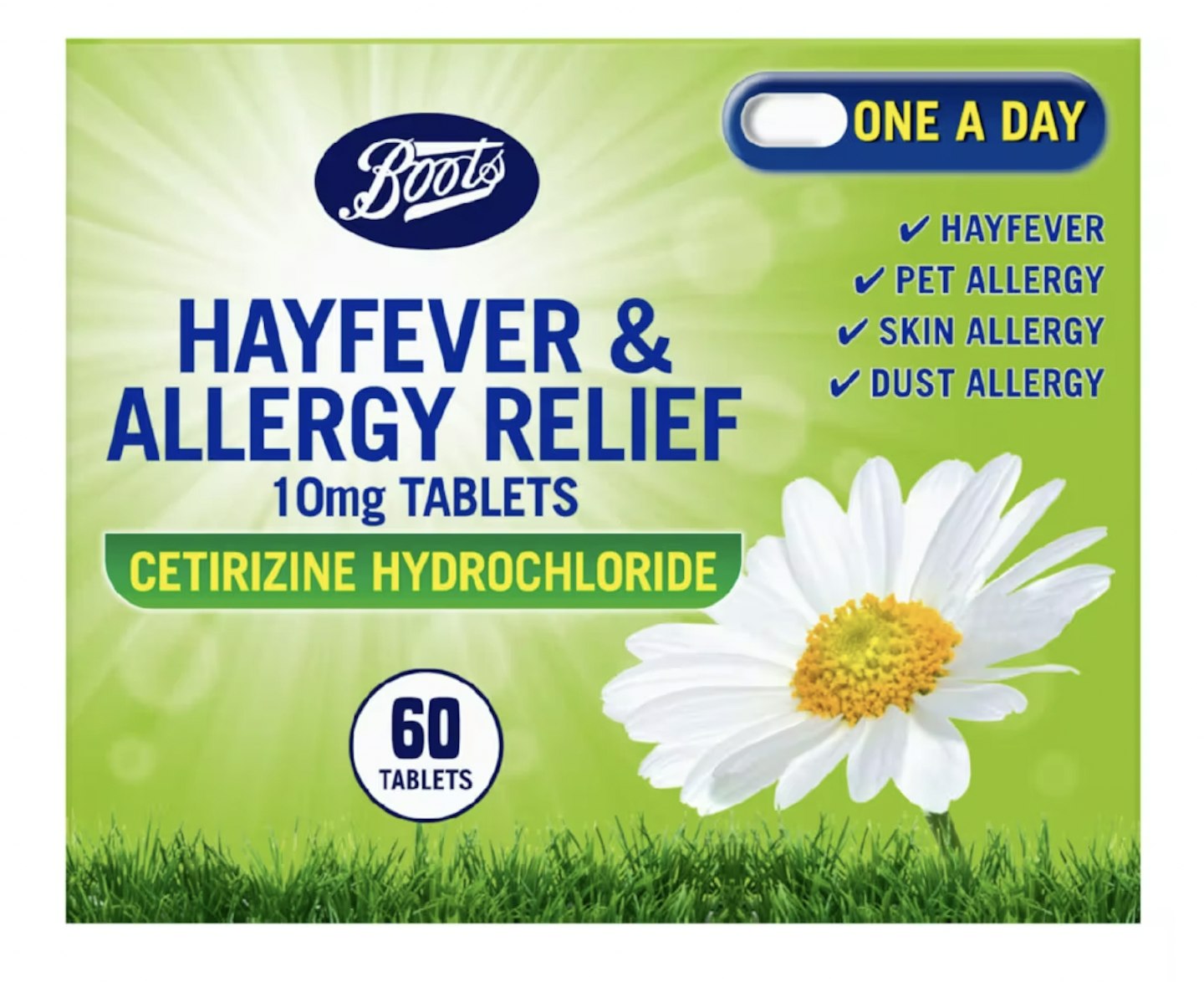
www.boots.com
Containing Cetirizine Hydrochloride (from the antihistamine group of medicines) one pill a day is said to alleviate the symptoms of hay fever and other allergies. It's always a good idea to build up your tolerance long before you actually get symptoms. Consider starting your tablets from spring onwards. In our experience? These are the best hayfever tablets.
Consider other over-the-counter hayfever medicines: Whether it's the best hayfever nasal spray, or even the best hayfever eyedrops, there are a variety of useful products to relieve symptoms.
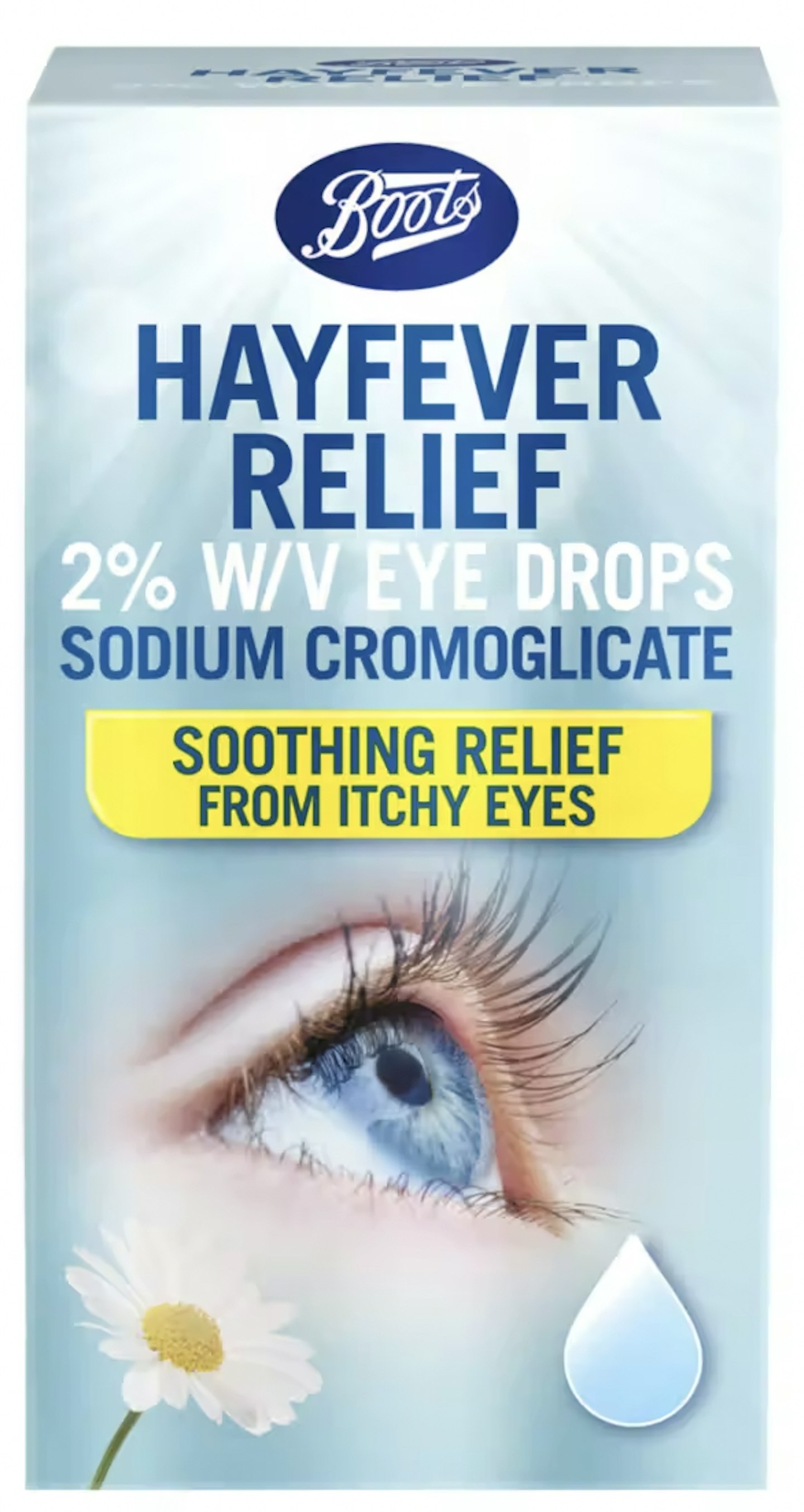
www.boots.com
Eye drops can go a long way to soothe and calm sore, irritated eyes. Gently squeeze a drop of the solution into eyes up to four times a day.
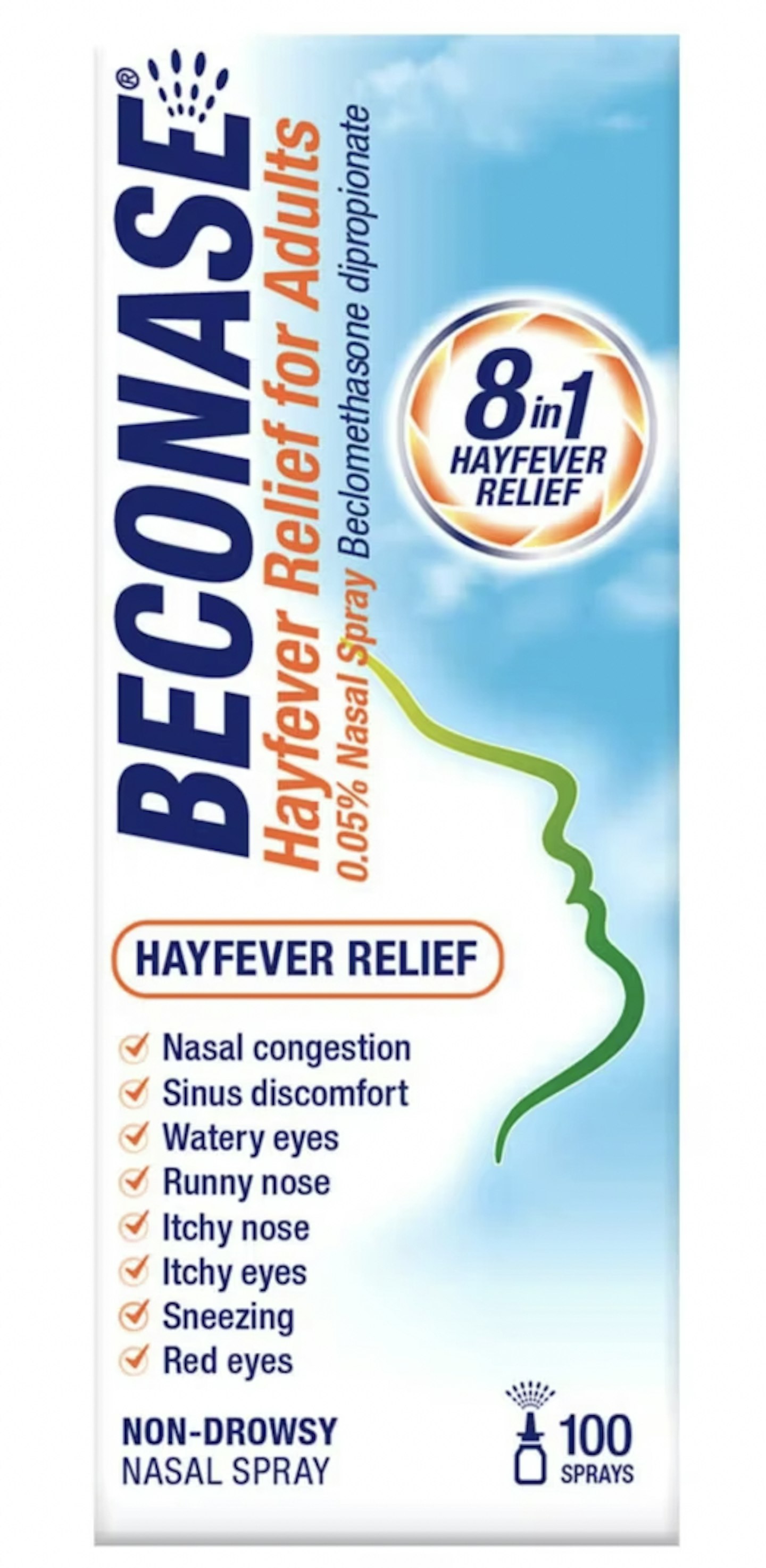
www.boots.com
Hayfever sufferers will know the stress of an itchy nose. This nasal spray helps to alleviate some of the symptoms - simply spritz into each nostril every morning and evening.
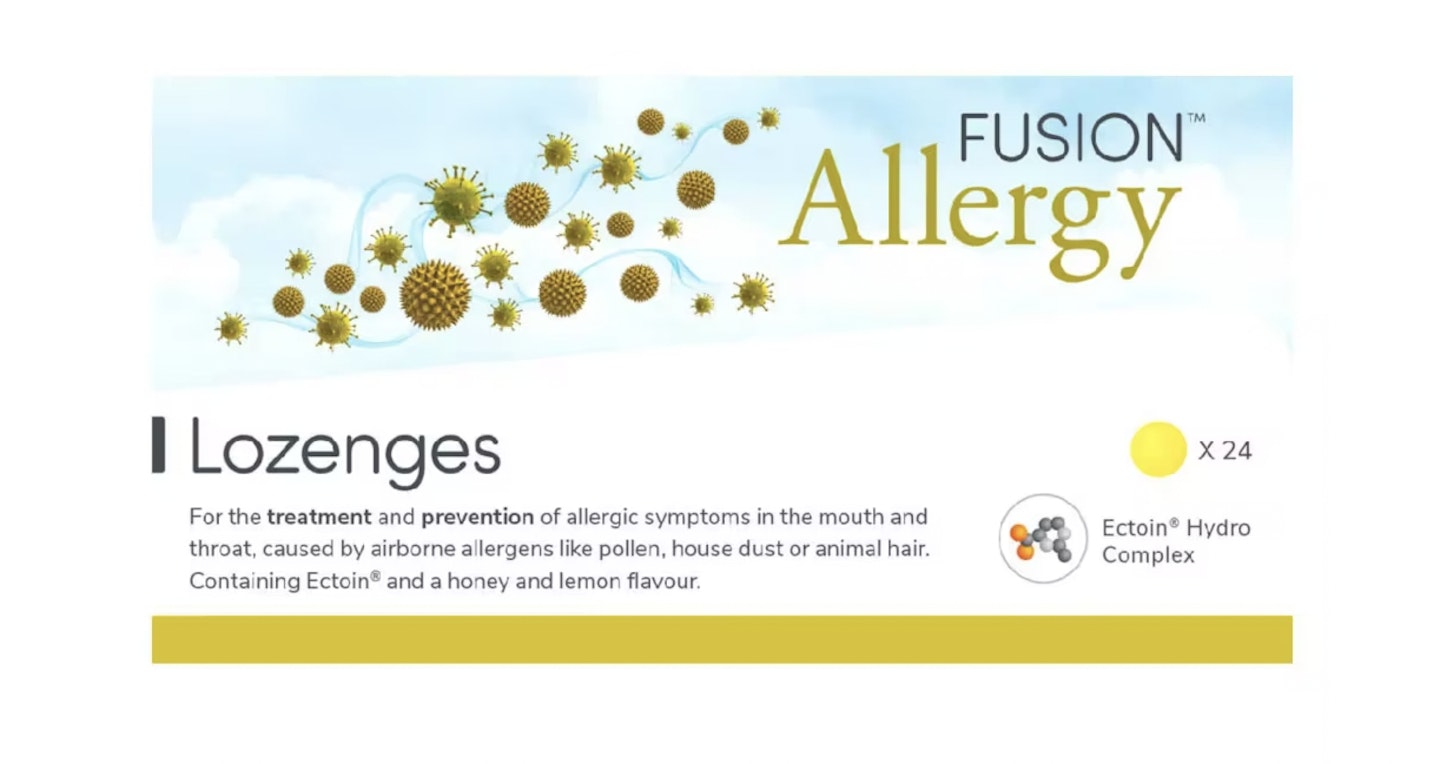
www.boots.com
If you've not yet considered trying lozenges as part of your hayfever prevention kit, then consider this your cue. These, from Fusion, are honey and lemon flavour and work to form a natural and moisturising protective shield on irritated mucous membranes in the mouth and throat
Consider a barrier balm: You may have heard of hayfever sufferers applying a layer of Vaseline to the inside of their nostrils. Well, turns out this can be helpful as it stops the pesky pollen from entering the body in the first place. Look for thick, occlusive like balms made without fragrance and tap around the opening of the nostrils and around the eye contour.
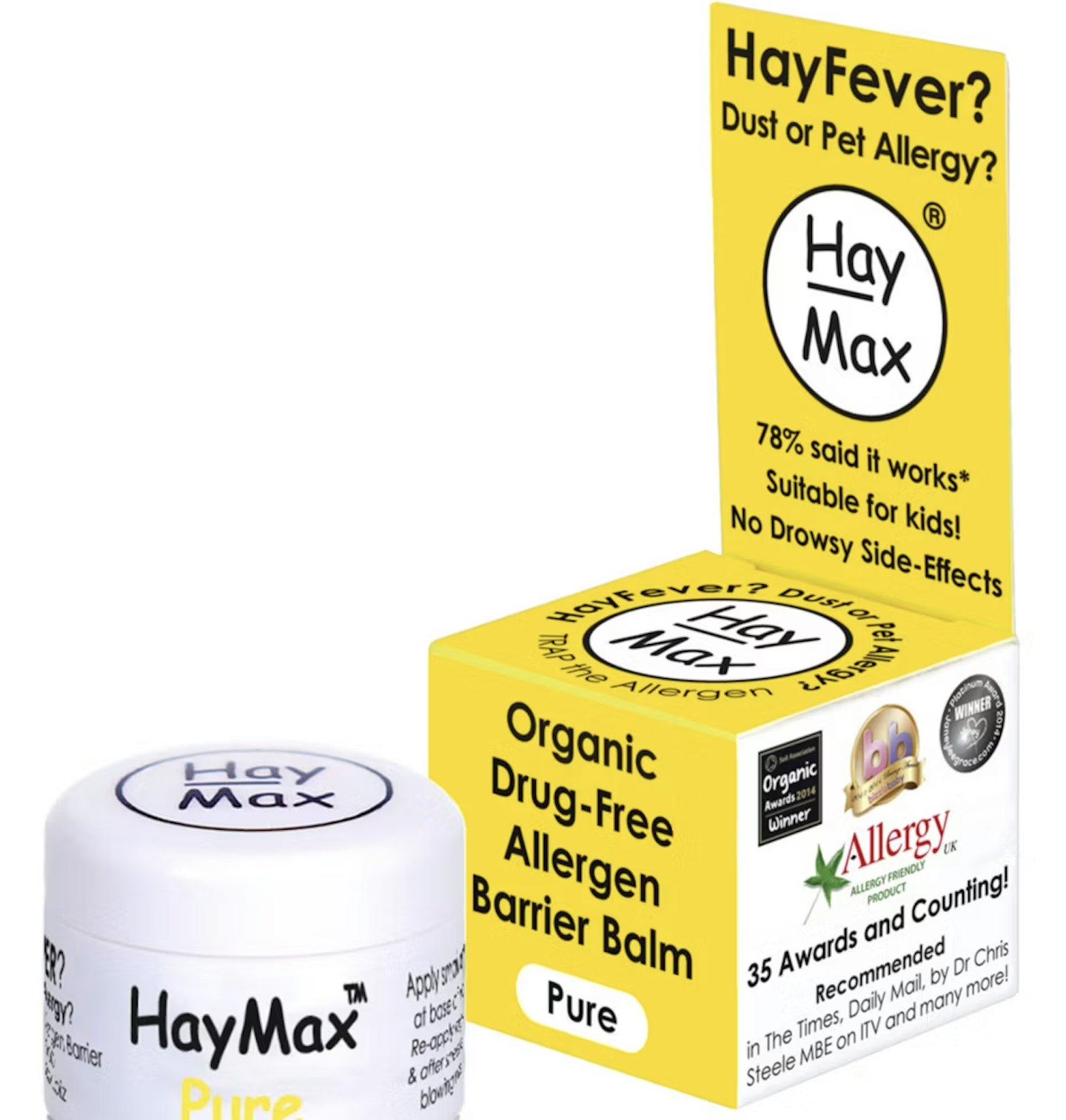
www.boots.com
Apply this barrier balm around the nostrils to minimise hayfever symptoms.
Sleep with your windows shut: It may seem obvious, but a reminder can't hurt. Keep pollen outside your home by keeping the windows shut, especially in the evening. Instead, try a cooling eye mask, utilise air conditioning or use a fan to keep you feeling comfortable.
6.
Optase Cooling Eye Mask
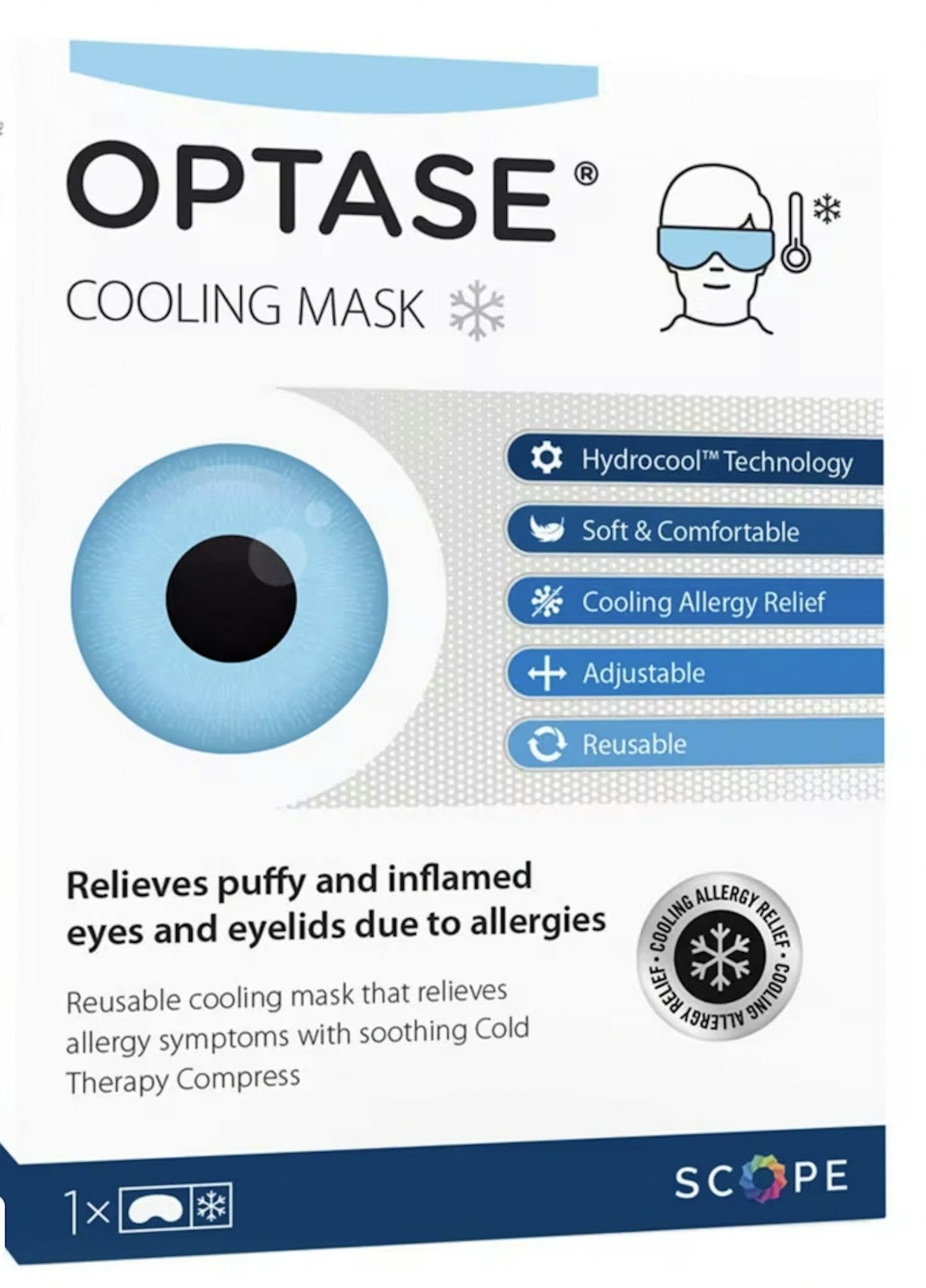
If your hay fever symptoms feel their worst in the evening then a cooling eye mask can be an excellent way to calm and cool. Simply place the Optase Cooling Eye Mask in the freezer for an hour before applying it. Puffy peepers, be gone!
Check the pollen count: In our opinion? If the pollen count is extremely high then it's probably worth reconsidering your plans, if you can. Make a habit of checking The Met Office's pollen count (they forecast five days in advance) meaning you can make alternative plans if it's looking likely a day of suffering. Knowledge is power, people.
Avoid alcohol: Alcohol worsens hayfever as it contains histamine – a chemical that sets off allergy symptoms – so it's best avoided. A mocktail it is.
Change clothes and bedding frequently: Been outside? Shower off and step into a fresh outfit to prevent a reaction. And don't be temped to dry your clothes outside on the line - sadly, it's a recipe for hayfever disaster. Instead, dry your clothes inside with the windows shut.

www.boots.com
An anti-allergy duvet? Who knew. Consider this another weapon in your arsenal.
Keep on top of your cleaning: Tell tale layer of dust lingering on surfaces? Sweep it away pronto using a damp cloth - this will prevent any stubborn pollen from sticking around and causing irritation. Plus you'll. be left with a squeaky clean house. Making sure your cloth is damp is the key to this one, as pollen can be tricky to remove from surfaces unless it’s moistened. Staying on top of the dusting will make sure pollen doesn’t linger in your home overnight and aggravate your symptoms.
Avoid pet fur: Or, at the very least, ensure your pets are well groomed. This is because pollen sticks to animal fur making it a bit of a nightmare when it comes to managing hayfever in the home. Consider this your cue to make bath time a more frequent occurrence.
Choose your location wisely: Okay, another obvious one, but do avoid sitting in grassy areas. Instead, head to the beach if you can – there's very little pollen to be found there!
Use soft tissues: You can create serious irritation around your delicate eye area and the sides of your nose by using a rough tissue. Instead, use gentle tissues specifically formulated for allergy sufferers.
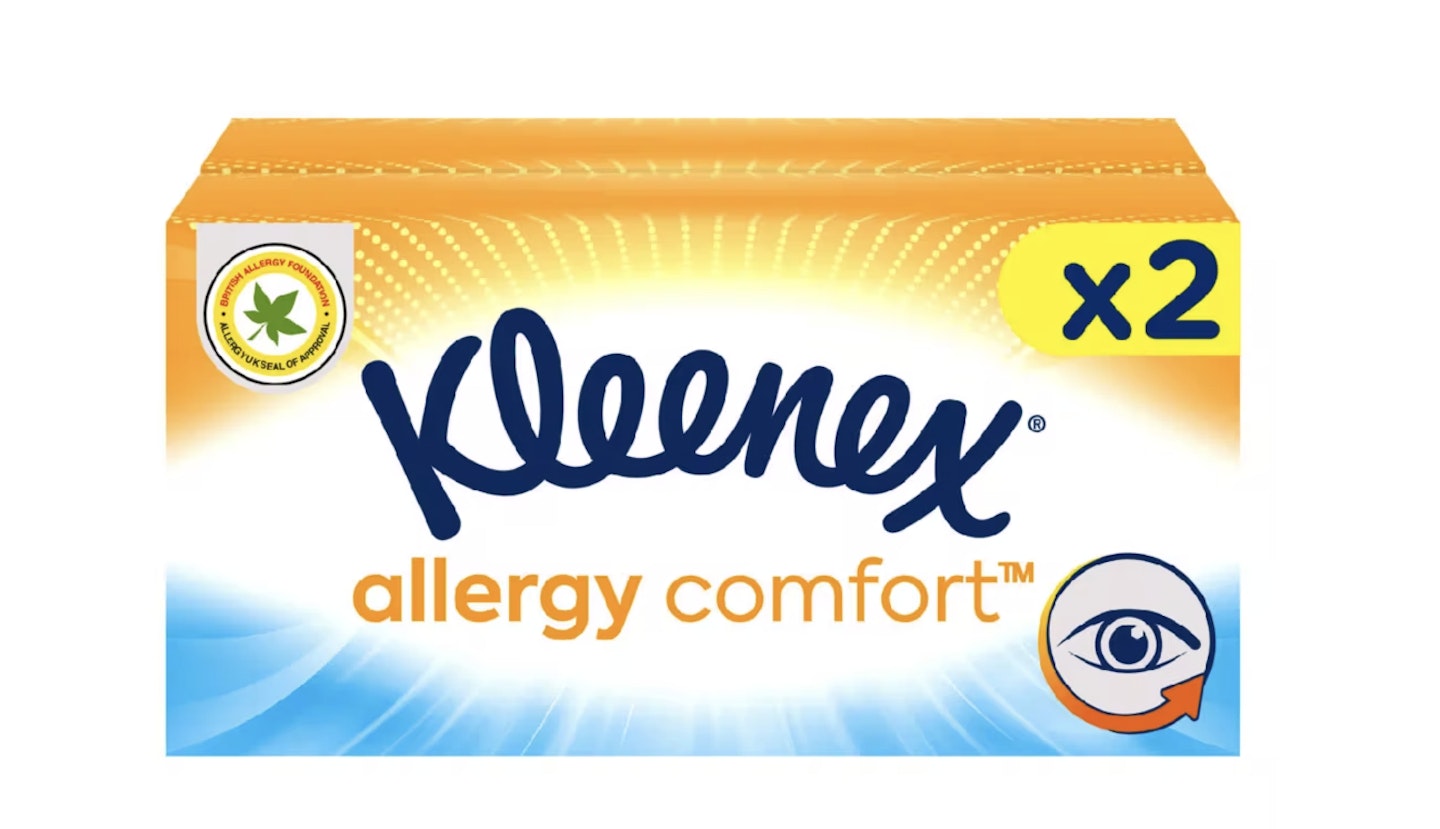
www.boots.com
Excessive nose blowing? It's never good. Save irritation with these tissues - they're designed to be extremely gentle and ultra absorbent. For itchy eyes, you can also try hayfever wipes, too.
Invest in an air purifier: While it may be a heavy financial hit initially, the reviews suggest that an air purfier can make a significant difference to hayfever sufferers.
A great remedy for allergy sufferers, the Philips air purifier is powered by a professional-grade sensor that automatically senses and reacts to even the slightest change in the air. It's impressive stuff.
Wear sunnies: If it's eye irritation that is one of your biggest symptoms, then sunglasses are a must -especially a wraparound style which will protect from itch-inducing pollen spores.
Quit smoking: It's no secret that smoking isn't good for you full stop. However, it's a particular no go for hayfever sufferers. This is because it irritates the linings of your lungs further, causing a more congested, uncomfortable sensation.
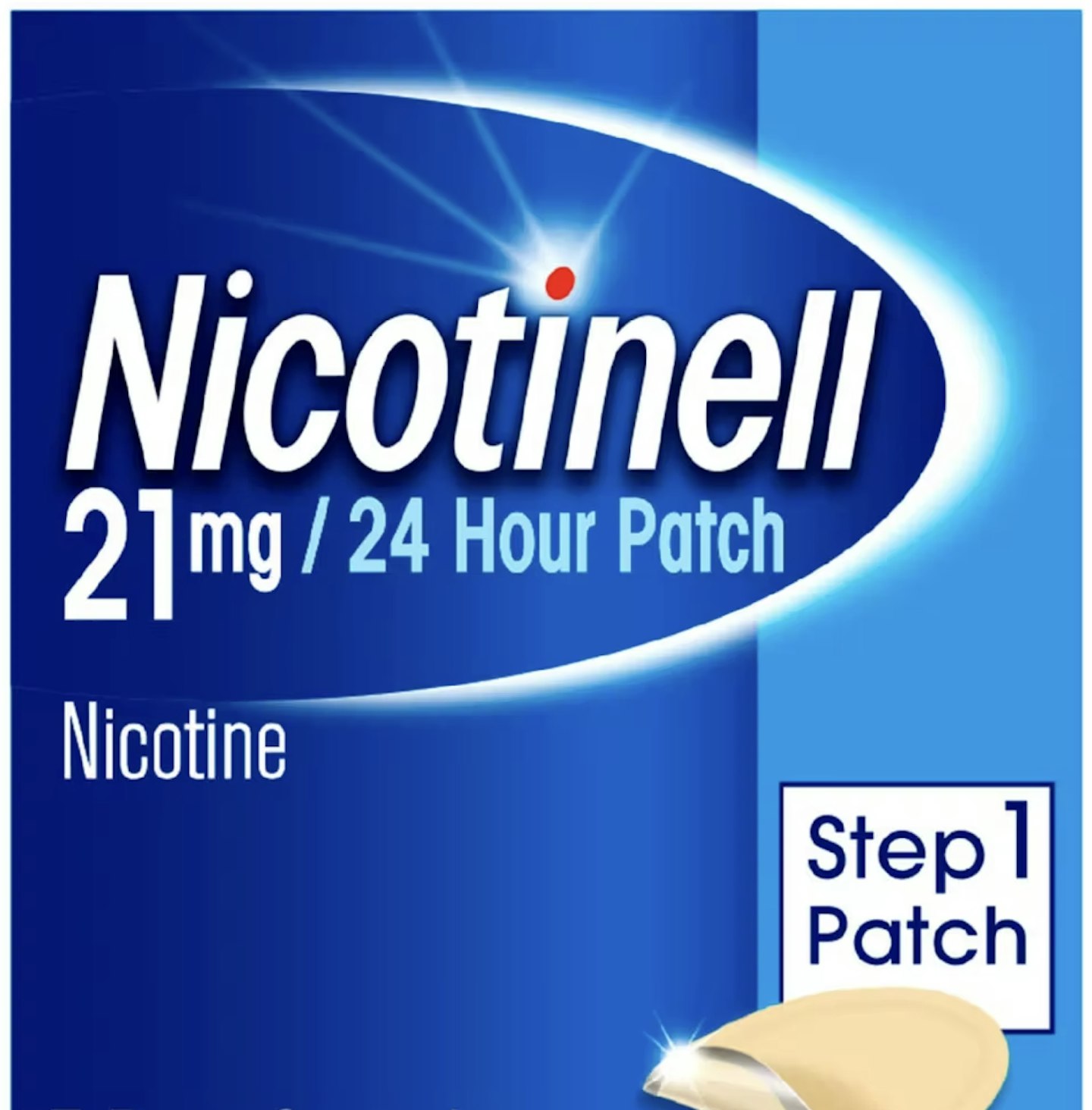
www.boots.com
If there was ever a good time to quit, it's hayfever season.
What is the hayfever injection?
If feel you're struggling more than most with the symptoms of hayfever, your GP might refer for immunotherapy. According to the NHS, this means you'll be given 'small amounts of pollen as an injection or tablet to slowly build up your immunity to pollen.' If you're looking into this kind of treatment then consider starting it in the winter for the most effective results.
Natural hayfever remedies
There's no getting away from it entirely – and we want to be honest with you about that – but there are some things you can do/eat (natural things) to help at least limit some of hayfever's tiresome effects.
DISCOVER: Natural Hayfever Remedies
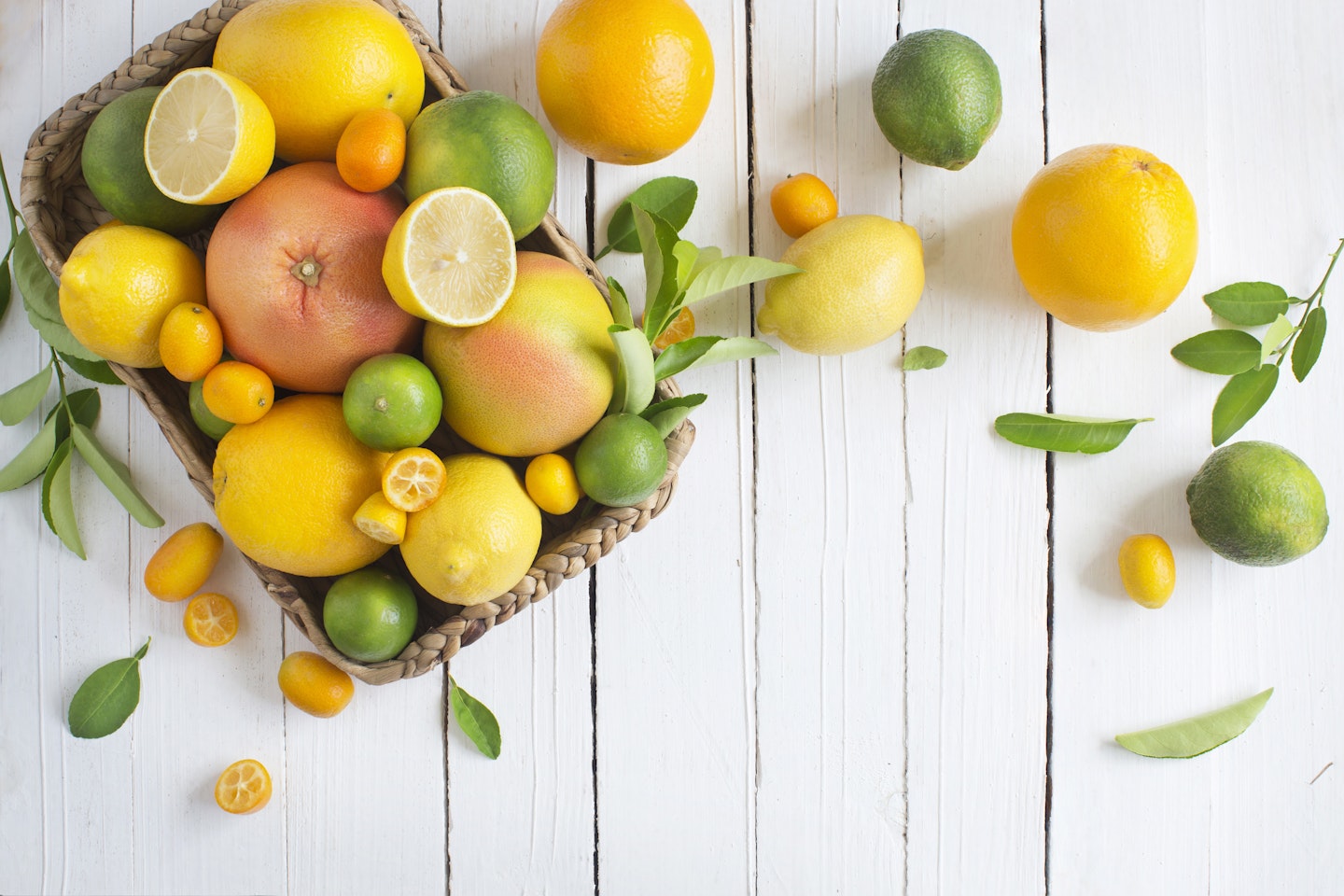 1 of 7
1 of 7Eat lots of Vitamin C
Oranges, lemons, limes – basically all citrus fruits – eat 'em! They have been proven to prevent the secretion of histamine, and as they also contain bioflavonoids – which have strong anti-allergy effects – they work as antihistamines too.
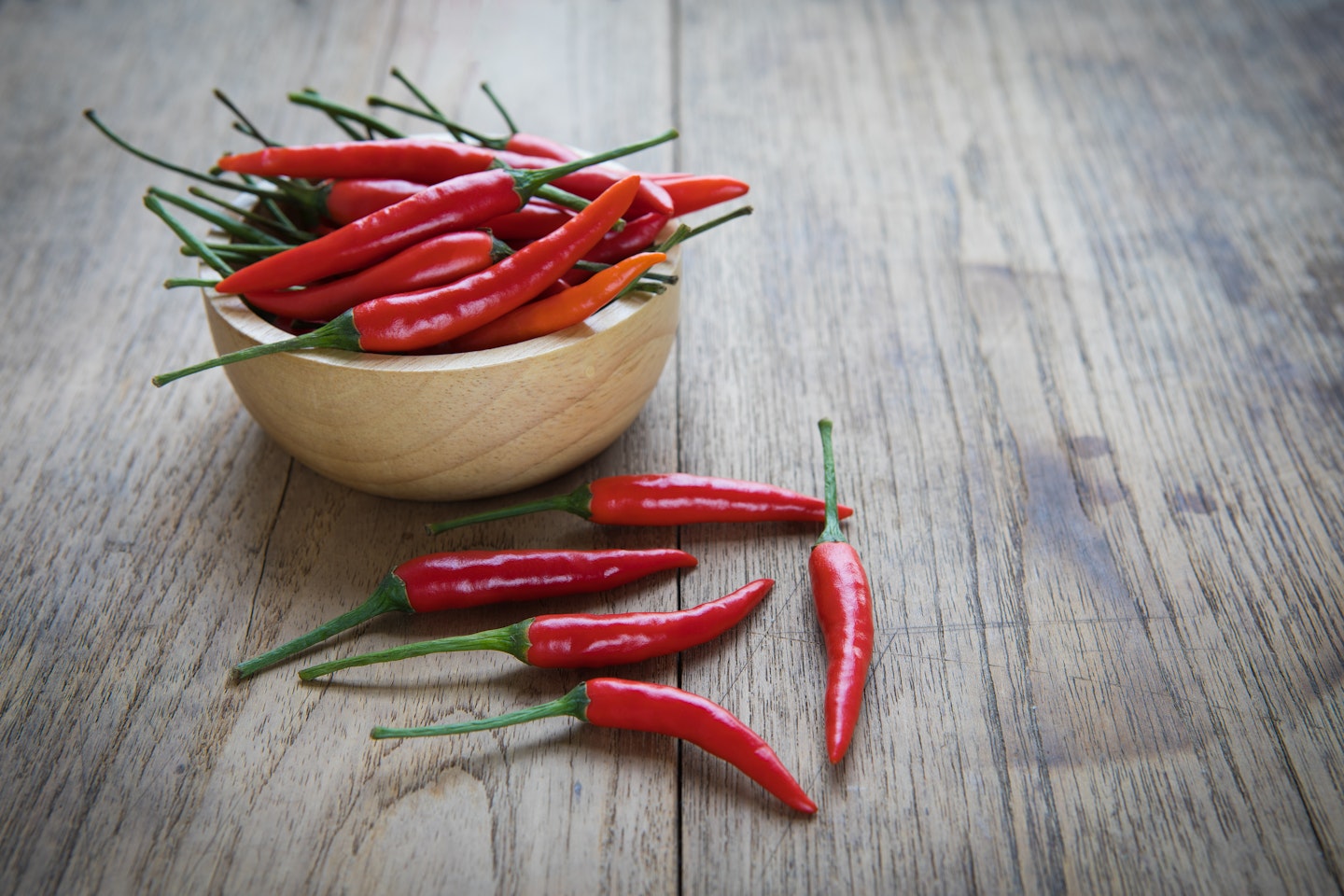 2 of 7
2 of 7Choose chilli
Got a blocked and bunged up nose? Chomp on a chilli – that should clear it. (Or, you know, just eat some curry.)
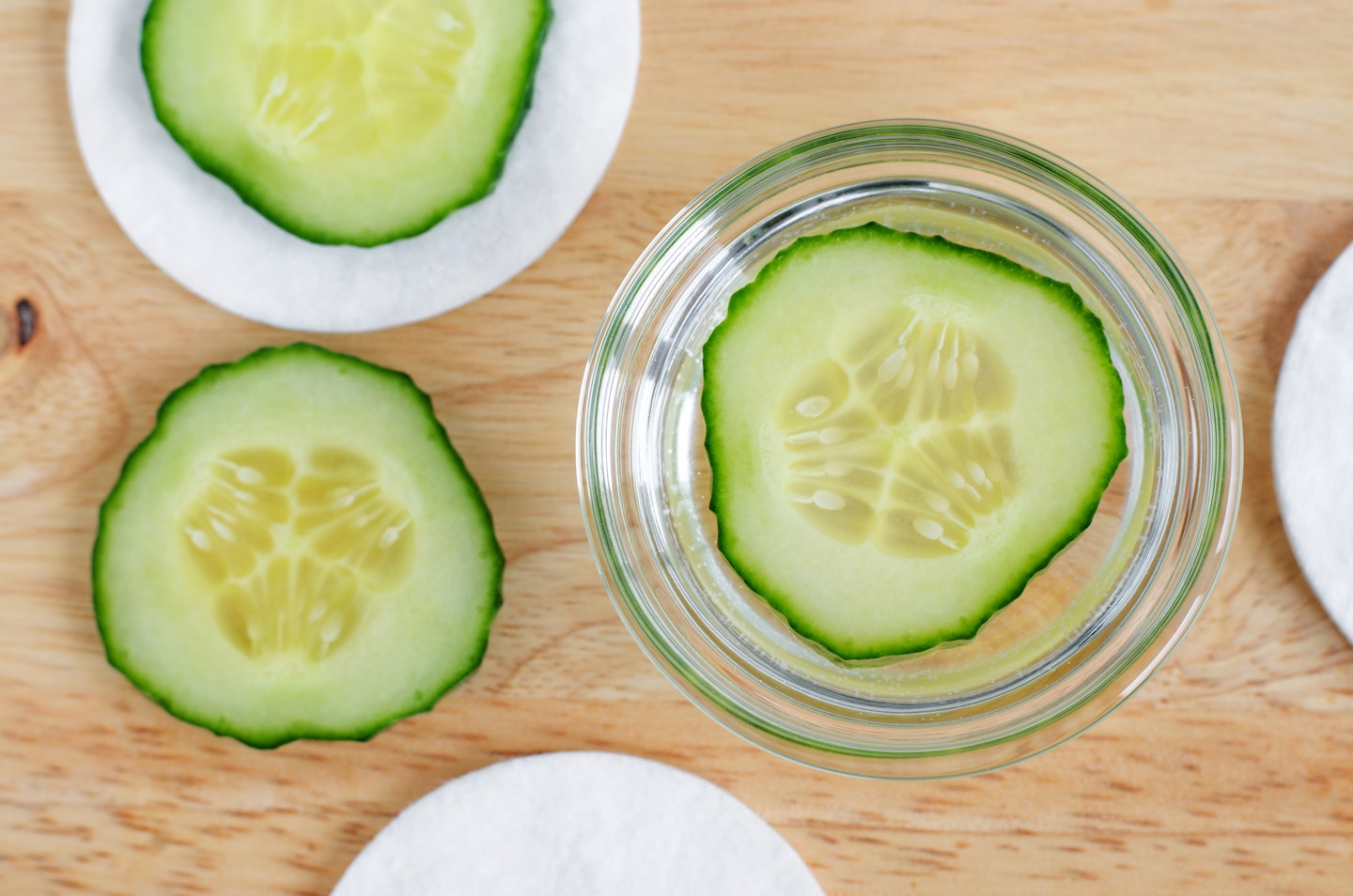 3 of 7
3 of 7Wear cucumber patches
Might look silly, but when they cure those itchy eyes – WHO'S LAUGHING NOW? The cucumber's got to be fridge-cold though.
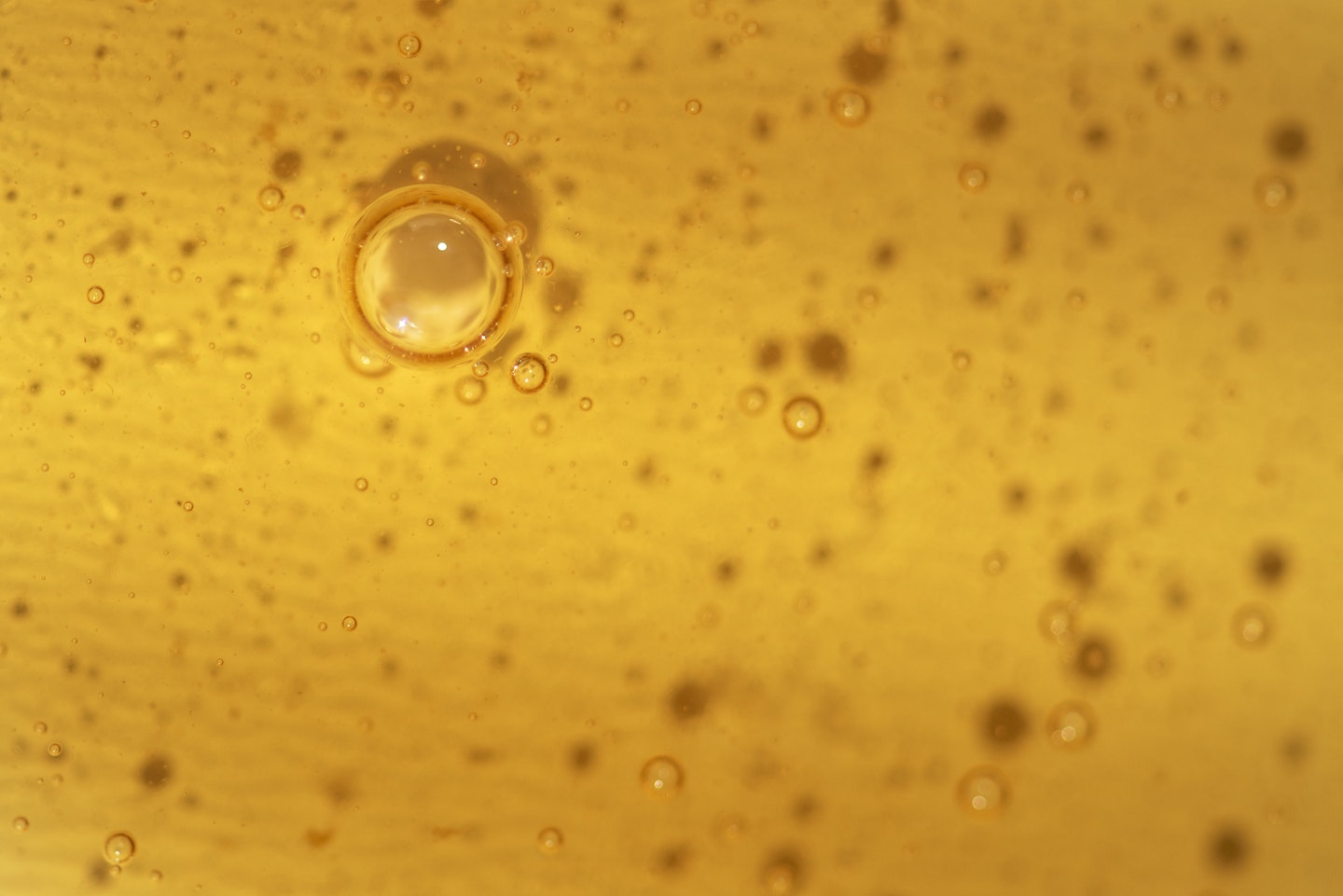 4 of 7
4 of 7Eat more honey
Apparently the bee pollen in honey can (we said 'can') de-sensitise your body to other pollens too. Worth a try – especially if the only solution to your early morning sneezing fit is to chomp on a gigantic croissant.
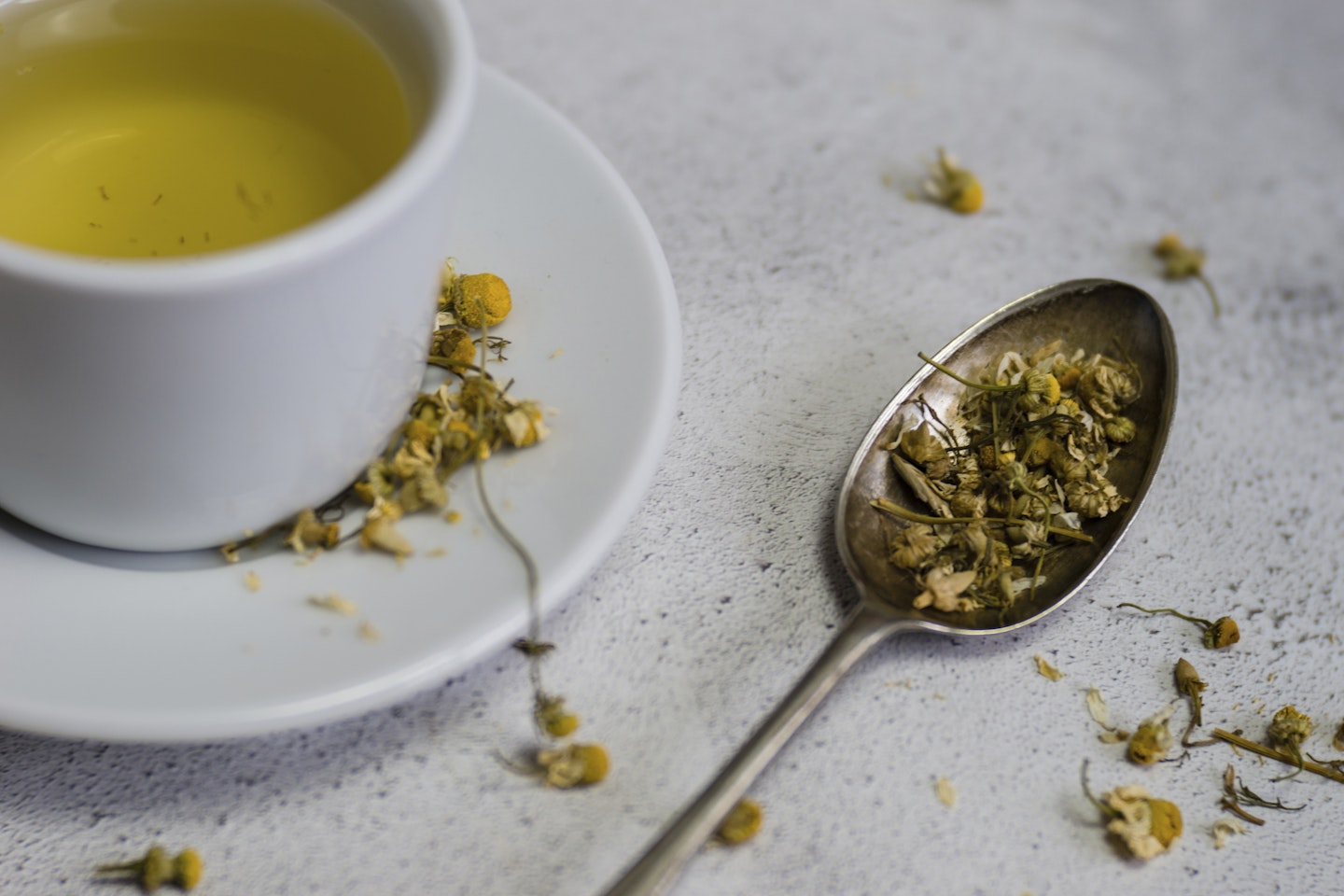 5 of 7
5 of 7Drink chamomile tea
Chamomile contains flavonoids and as such, is an excellent anti-inflammatory agent. Best drunk as tea, but can be used as an eyes compress too.
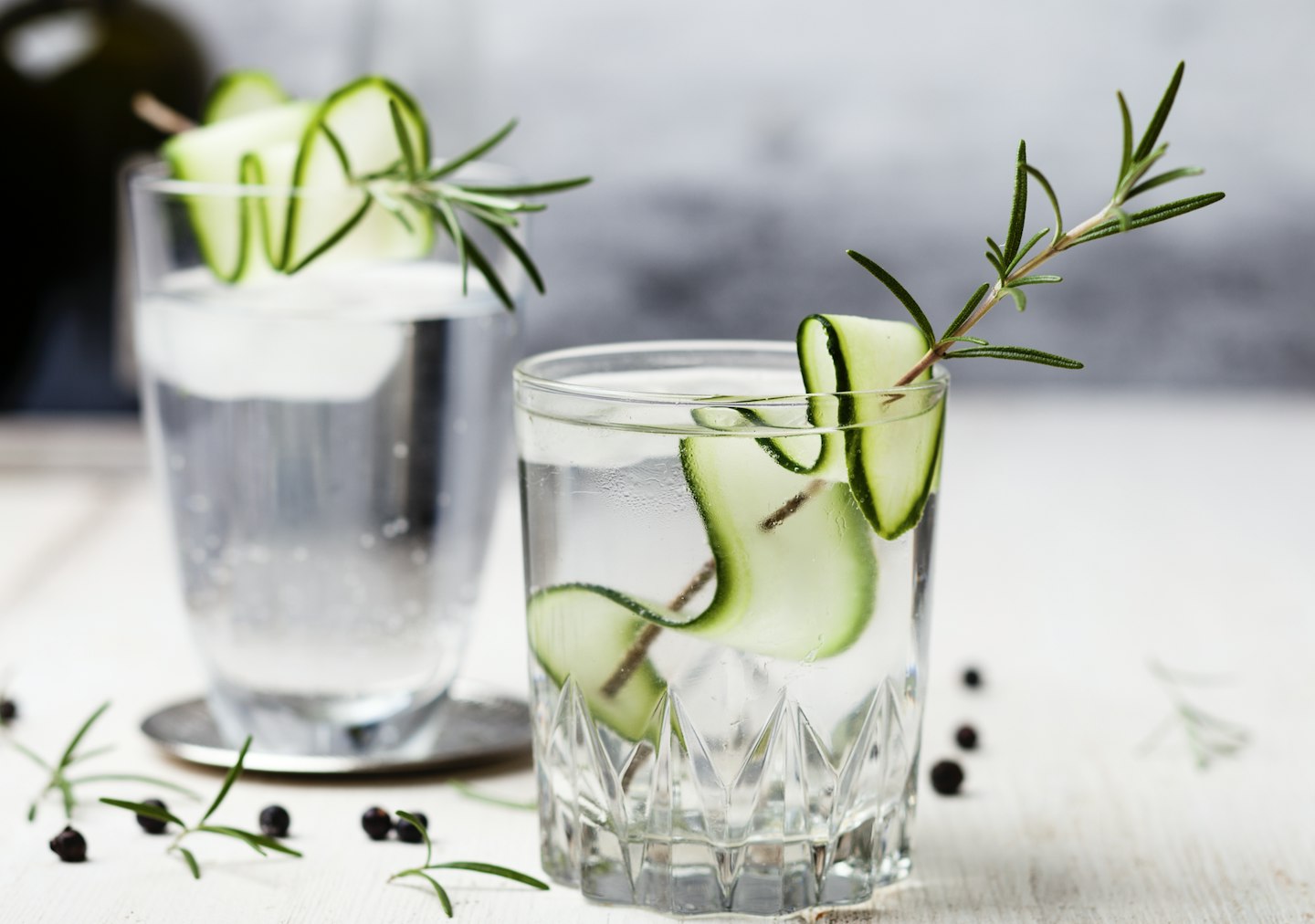 6 of 7
6 of 7Drink Gin and Tonic (sort of)
First thing's first - we're certainly not advocating this as the ultimate hayfever cure. It's not. However...research identifying the alcohol types that are more likely to trigger allergy symptoms suggests that that clear spirits (like your crisp G&T) are the better choice. This is because they're particularly low in histamines and sulphites. So if you really must have a tipple...make it this one.
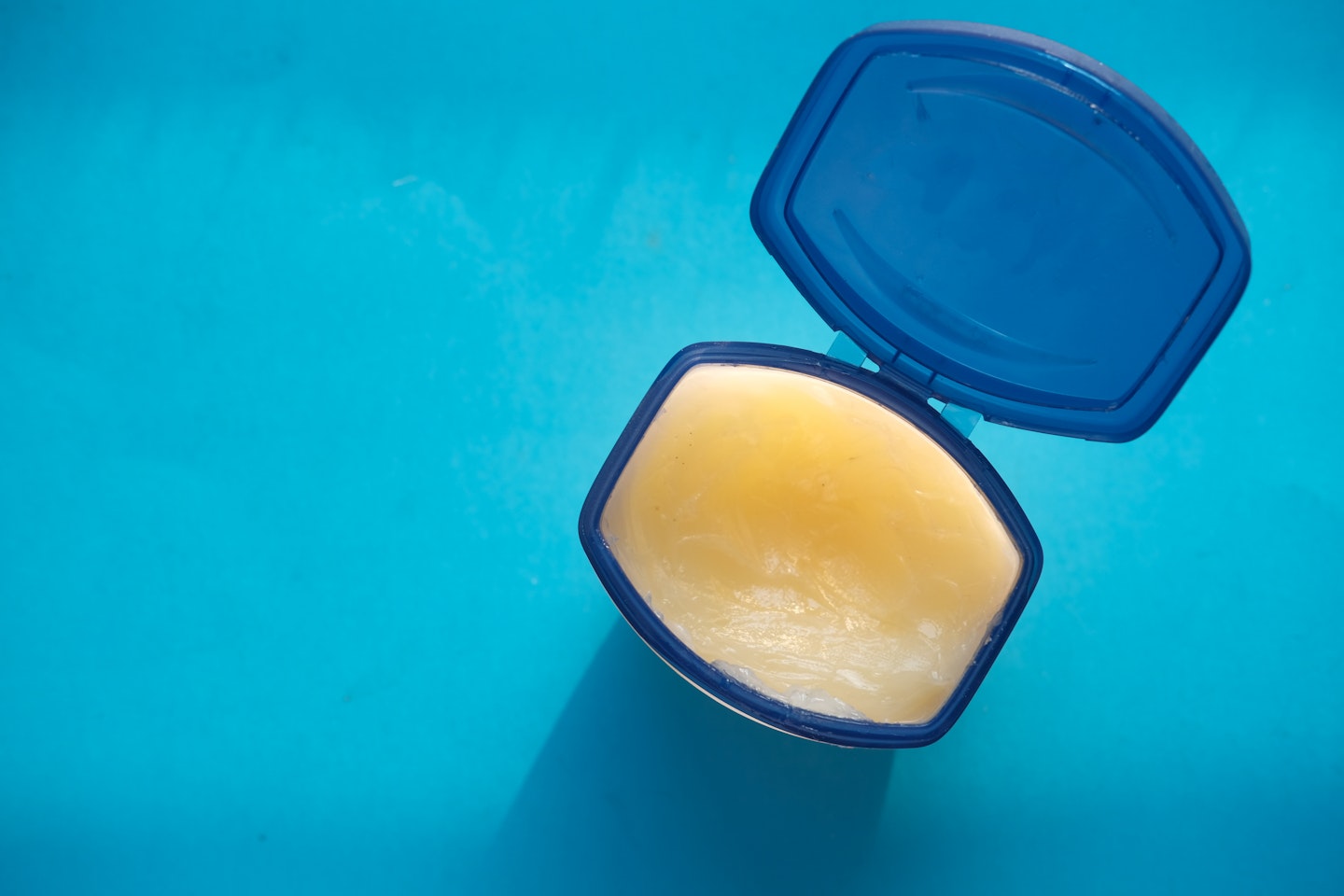 7 of 7
7 of 7Remember good old Vaseline
Dab a spot beneath your nostrils to catch that pollen trying to get in. Can't hurt, can it?!
And a reminder - if you're really struggling with your symptoms, make a point of booking in with you GP or pharmacist - they're there to help.
